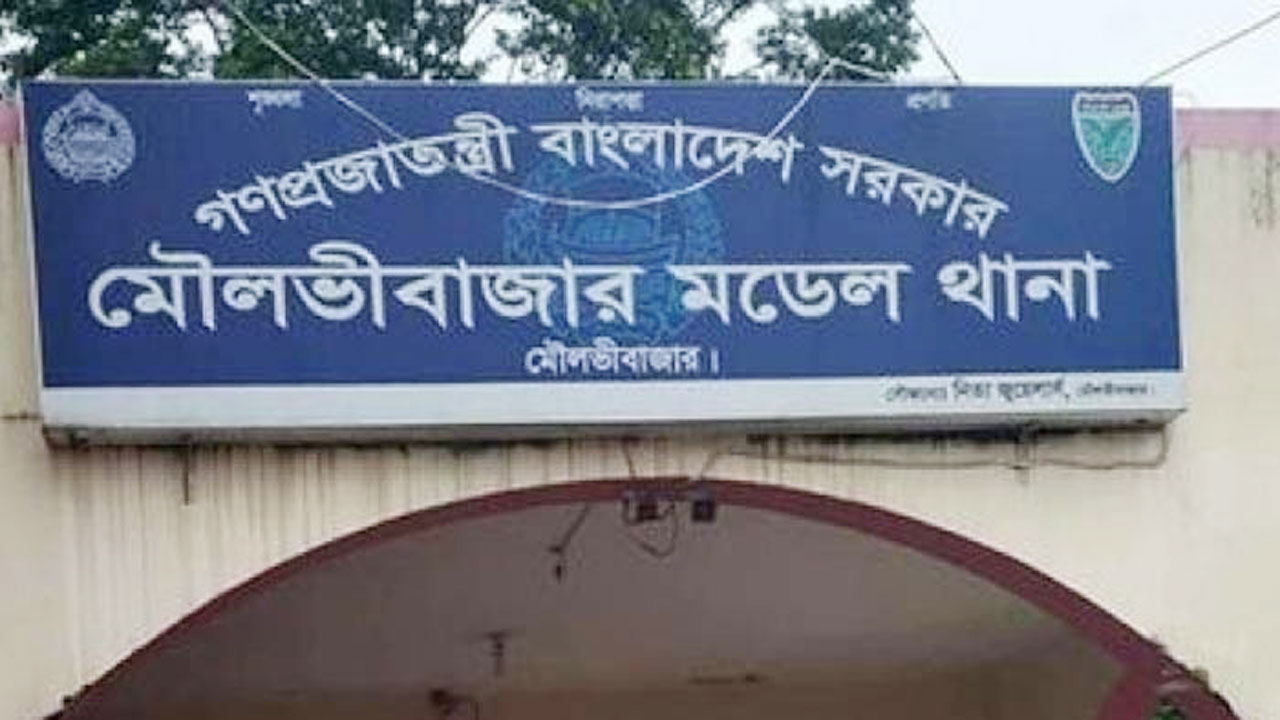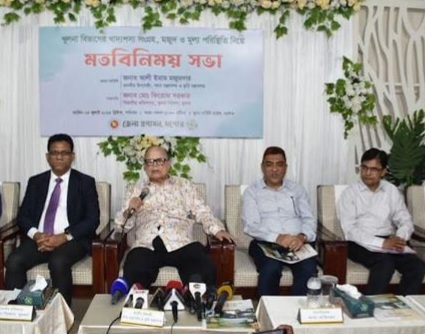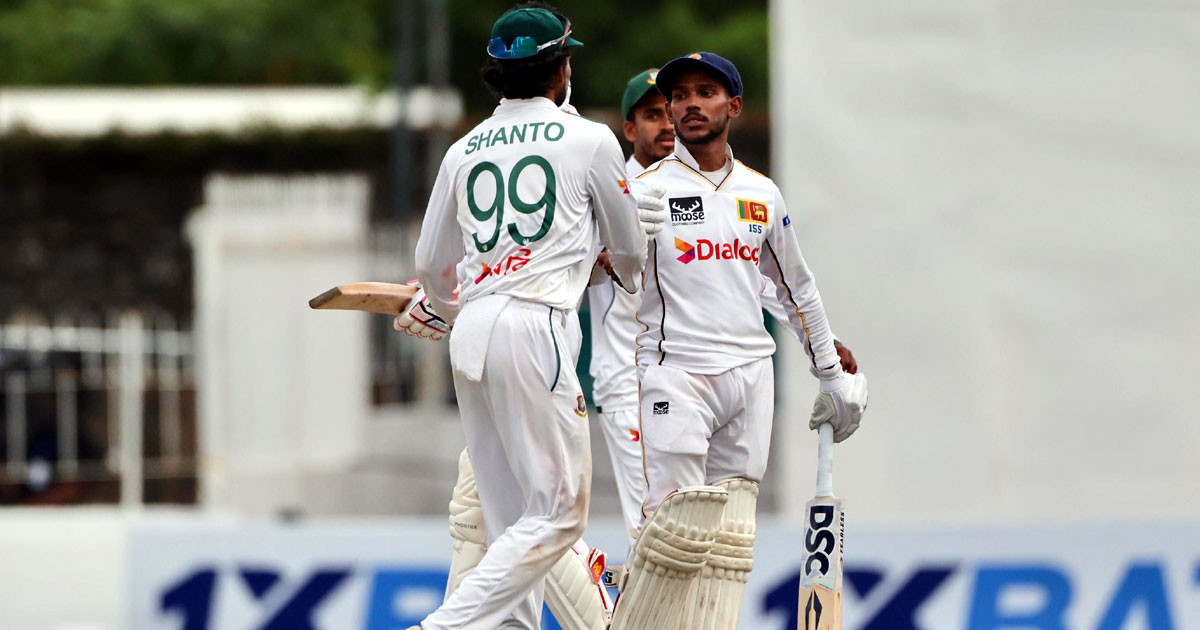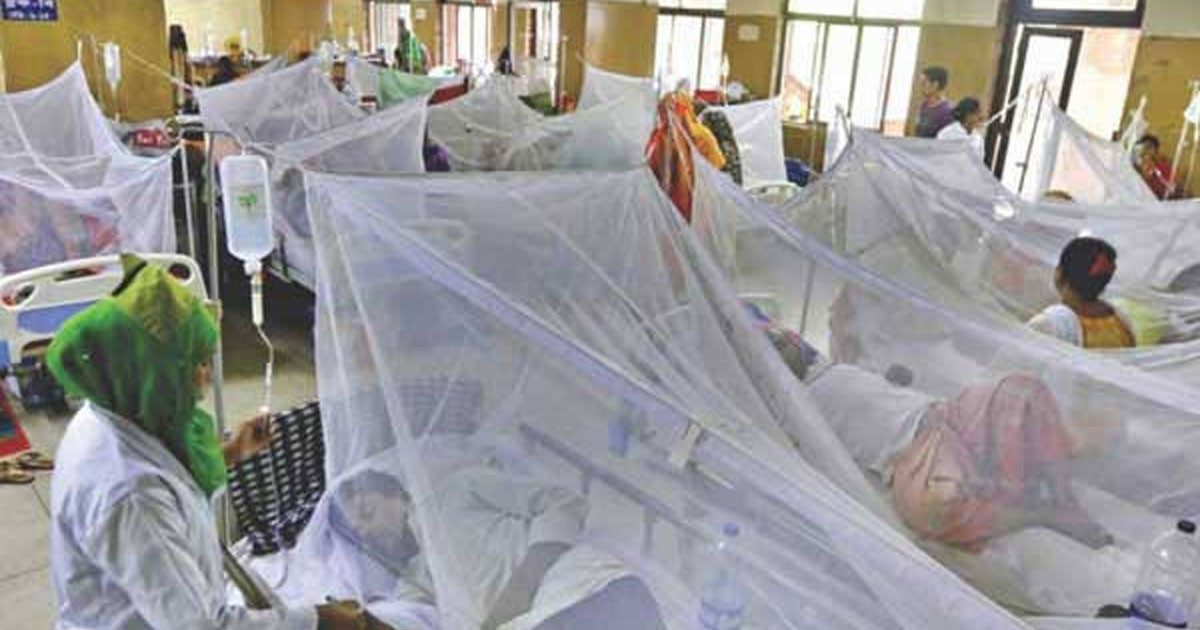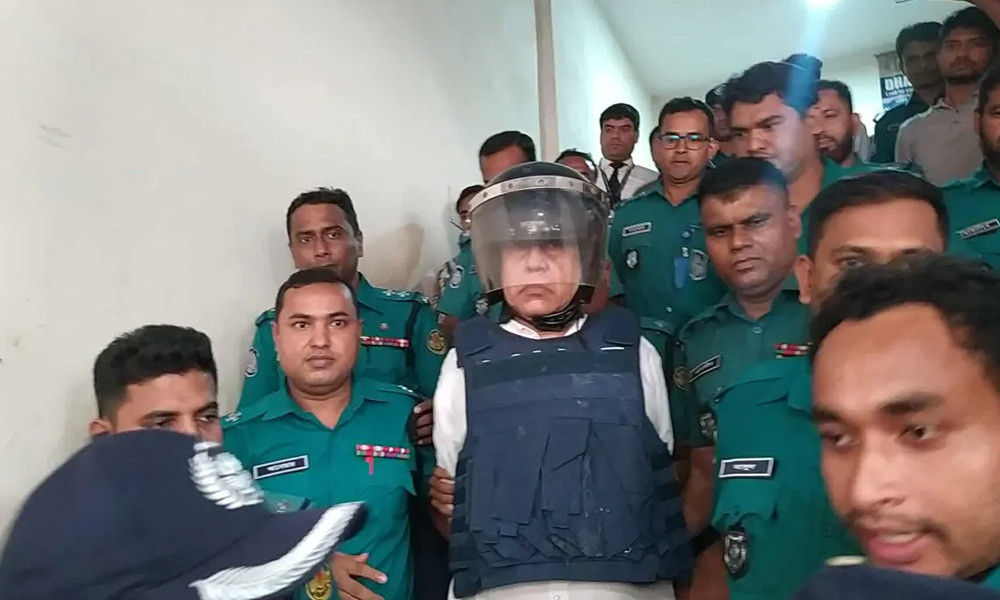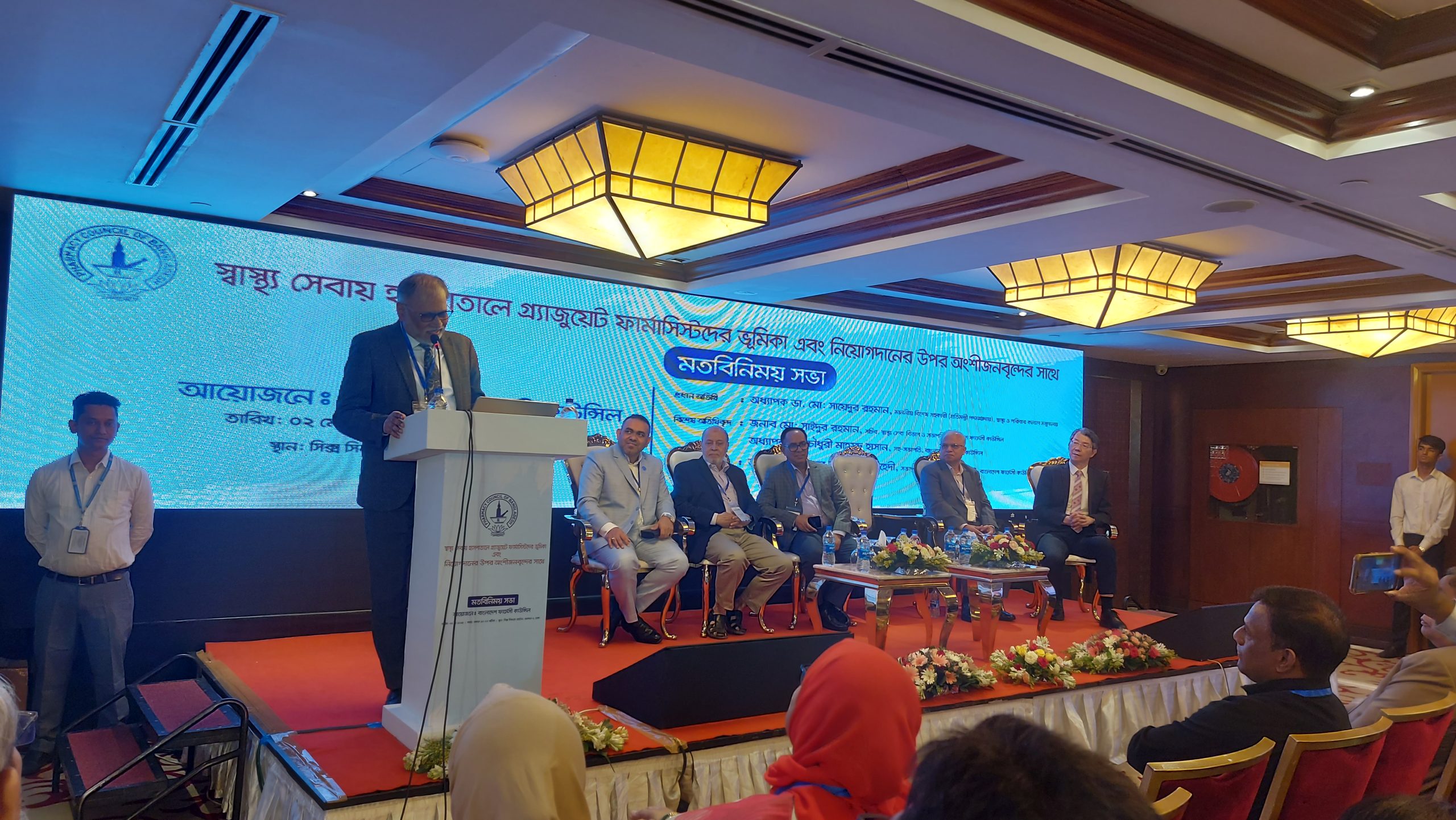
To improve the quality of healthcare in Bangladesh, the government has announced plans to appoint graduate pharmacists in public hospitals for the first time.
This announcement came during a stakeholder meeting titled “The Role of Graduate Pharmacists in Hospital Healthcare and Recruitment in Public Hospitals”, held on Friday at the Six Seasons Hotel in Gulshan-2, Dhaka.
Professor Dr Md Sayedur Rahman, Special Assistant to the Chief Adviser for the Ministry of Health and Family Welfare (with the rank of State Minister), was present as the chief guest.
He stated, “Currently, public hospitals lack pharmacists, but we have included them in our future plans. Their presence will significantly enhance the quality of health services.”
He urged university faculty to prepare students mentally to serve in hospital settings, emphasizing that the pharmaceutical industry is not their only career path.
The government has already taken the initiative to establish 700 government-run pharmacies where graduate pharmacists will be appointed. “A graduate pharmacist is the sole criterion that transforms a medicine shop into a true pharmacy,” Dr Rahman emphasised.
Md Saidur Rahman, Secretary of the Health Services Division and President of the Bangladesh Pharmacy Council, was present as a special guest. He underscored the essential role pharmacists play in ensuring the safe and rational use of medicines. “Patients often self-medicate without consulting doctors, which can be risky. Pharmacists can play a vital role in guiding proper medication use,” he said.
It has been recommended that pharmacists be appointed in all government hospitals, from small to large, he said, adding that appointments will start from 10-bed hospitals up to 600-bed hospitals. In a 600-bed hospital, six pharmacist positions have been proposed, he mentioned.
Despite Bangladesh’s robust pharmaceutical manufacturing and export sector, experts expressed concern that the absence of graduate pharmacists in hospitals undermines the quality of patient care. Currently, 654 government hospitals with over 51,000 beds operate without a single graduate pharmacist.
Citing World Health Organization (WHO) standards, speakers stressed the importance of collaborative models involving doctors, pharmacists, and nurses to deliver quality healthcare.
Professor Dr Choudhury Mahmood Hasan, Vice President of the Pharmacy Council, referred to Section 4.3 of the National Drug Policy 2016, which calls for the deployment of graduate pharmacists in both inpatient and outpatient settings.
However, he noted that this policy has yet to be implemented. He presented international comparisons showing that countries like Malaysia, the UK, and Thailand have significantly better pharmacist-to-population ratios than Bangladesh.
The meeting recommended assigning at least one pharmacist per outpatient department and one for every 50 inpatient beds. It also proposed a structured career progression pathway in hospital pharmacy, including positions such as Clinical Pharmacist, Senior Pharmacist, Deputy Chief Pharmacist, and Chief Pharmacist.
The event was attended by deans, department heads, and faculty members from accredited pharmacy institutions, members of the Hospital Pharmacy Committee of the Bangladesh Pharmacy Council, and practicing pharmacists from various private hospitals.
The session was chaired by Professor Md Nasser Shahriar Zahedi, Chairman of the Hospital Pharmacy Committee.
Zahedi noted, “In modern healthcare systems, quality service cannot be achieved without hospital pharmacists. In Bangladesh, medicines are often stored, dispensed, and distributed without the supervision of qualified graduate pharmacists. Their integration will greatly improve collaboration among doctors, nurses, and pharmacists.”
Keynote presentations were delivered by Dr Yuh Lih Chang, President of the Taiwan Society of Health System Pharmacists, and Mohammad Nasrullah, who shared international and national perspectives, respectively.
The event concluded with a vote of thanks by Muhammad Mahbubul Haq, Secretary of the Bangladesh Pharmacy Council.



